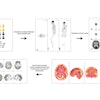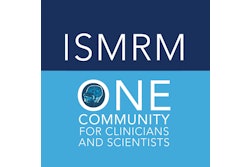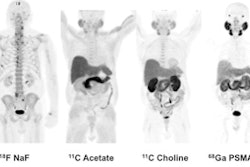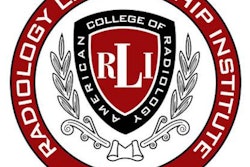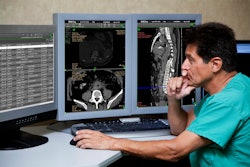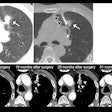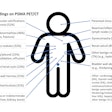Dear AuntMinnie Member,
If a woman's breast cancer is detected on screening ultrasound, what's her clinical prognosis? And which of these women are most likely to see their cancer recur?
Researchers from South Korea try to answer some of these questions in a new article we're highlighting in our Women's Imaging Community. They looked at the survival and recurrence rates of more than 500 women whose breast cancers were detected on supplemental screening ultrasound. They then parsed the data further, analyzing the factors that predicted which women might have their cancers return.
The findings could help clinicians determine which women with breast cancer should be followed most closely. Learn more by clicking here, or visit our Women's Imaging Community at women.auntminnie.com.
ISMRM offers gadolinium guidelines
The radiology community continues to be baffled by the issue of gadolinium retention in patients who have received MRI contrast. Which agents are most prone to deposition, how the process occurs, and whether it has clinical consequences are all questions that remain to be answered.
This week the International Society for Magnetic Resonance in Medicine (ISMRM) offers some guidelines for clinicians and researchers on gadolinium use. But the society's guidance is hamstrung by the lack of definitive knowledge about gadolinium retention, leaving it to take a "wait and see" approach to the issue.
Learn more by clicking here, or visit our MRI Community at mri.auntminnie.com.
CAD for MS
Finally, be sure to visit our Advanced Visualization Community for a new article on the use of computer-aided detection (CAD) software to monitor the progression of multiple sclerosis (MS) on MRI scans. You'll find that story by clicking here, or visit the community at av.auntminnie.com.



